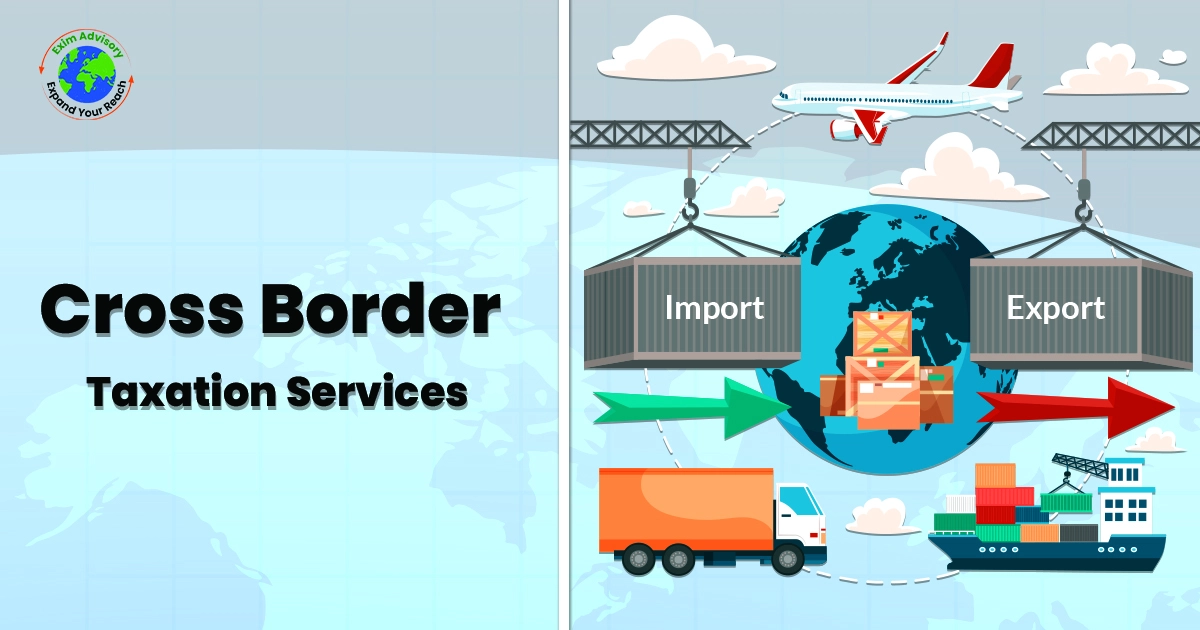
Businesses transcending geographical boundaries open the door to new opportunities. However, each country has its own taxation laws that tax the income generated within its territory. Having a detailed understanding of cross border taxation becomes important here as it can significantly impact your business decisions and profitability.
How Cross Border Taxation Impact You?
Here’s how cross border taxation impacts your business and income:
- Double Taxation: If you are a resident of one country and earning income from another country, then you might face double taxation. This is because of the source and residence rule.
- Source Rule: As per the Source Rule, an income is taxed in the country where it is actually earned/generated.
- Residence Rule: As per the Residence Rule, the right to tax an income should rest with the country where the taxpayer is actually a resident.
If both nations tax your income, then most portion of your income would go into paying taxes, leaving you with a meagre portion. Most nations, therefore, enter into a Double Taxation Avoidance Agreement (DTAA) that specifies which income will be taxed by which nation.
- Statutory Compliances: Cross border taxation requires you to comply with the statutory filing requirements of both nations. This includes filing of taxation returns, audits, assessments and any potential litigations that may arise.
- Foreign Tax Credits & Deductions: In most countries, the taxation laws provide certain deductions and credits to the taxpayers that reduce their overall tax liability. Further, if permitted by DTAA or local taxation laws, taxes paid in one country can be claimed as credit in the other, thereby requiring you to pay only the differential amount as tax.
- Transfer Pricing: If you enter into international transactions with associated enterprises, then you might be subject to transfer pricing regulations. These regulations were introduced to discourage profit shifting to countries with low taxation rates or tax haven countries by manipulating the transaction price. The regulations usually suggest methodologies to calculate the transaction price to ensure that it is equal to the arm’s length price.
- Investments and Borrowing: Many companies enter into cross border investment and lending arrangements. Investments can happen either by incorporating a subsidiary company abroad or by entering into a joint venture. Other arrangements include borrowing in foreign currency or foreign institutions.
- Withholding Tax: To enhance the transparency in reporting of income, each country has withholding tax provisions whereby the payer of the income is required to deduct a certain portion of the payment and deposit it with the government. This amount can be claimed as a refund from the government after filing the income tax return. In case the tax has been withheld in the foreign nation, then foreign tax credits can be claimed.
FAQ
Cross border taxation can result in double taxation if left unchecked. All the countries have different taxation schemes and tax rates. Thus, it becomes imperative to analyse the taxation laws and agreements to plan the operations of the company in the most tax efficient manner.
Foreign tax credit allows you to reduce your tax liability in one country (in most cases, the residence country) by claiming credit for the taxes paid in another country (in most cases, the source country).
To avoid double taxation on your income, you need to have a thorough understanding of the domestic taxation laws as well as the Double Taxation Avoidance Agreement (DTAA) entered into between the two nations.
In most cases, the citizenship doesn’t impact the residential status. Residential status has different rules and in the tax parlance, you need to go through the taxation laws to determine the tax residence status in a country for tax purposes. Residential status is usually dependent on how many days or years you have been in that country.
Some of the common cross border compliances and regulations you should adhere to include determination of tax residential status, DTAAs, filing of income tax returns in both the residential and source country, assessments, audits, permanent establishments, adherence to transfer pricing regulations etc.